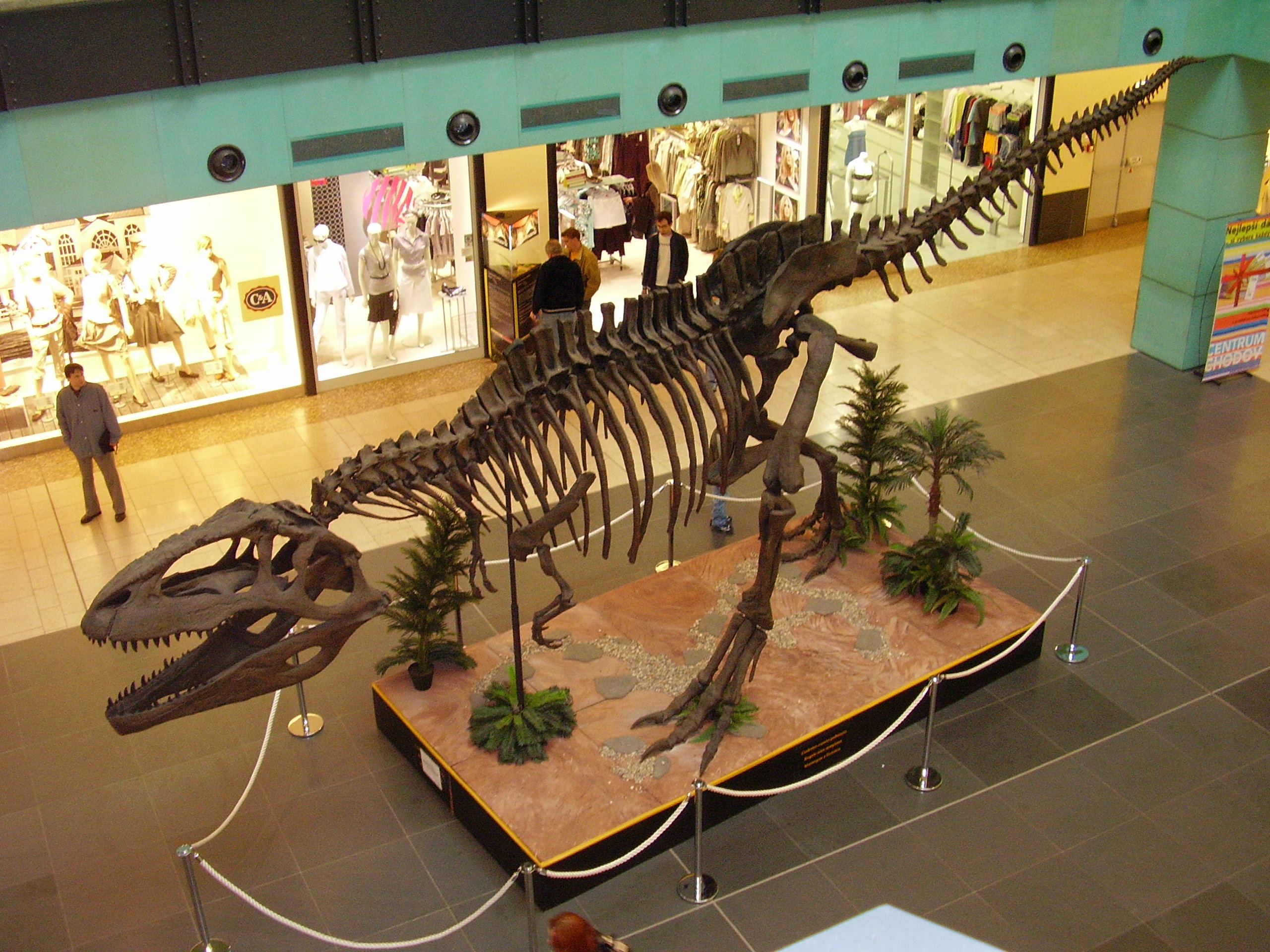Rodolfo Coria on:
[Wikipedia]
[Google]
[Amazon]
Rodolfo Aníbal Coria (born in  He was a leading researcher at the Bernardino Rivadavia Natural Sciences Museum, in
He was a leading researcher at the Bernardino Rivadavia Natural Sciences Museum, in
BBC Interview of Rodolfo Coria
Argentine paleontologists Argentine curators 1959 births Living people Place of birth missing (living people) Directors of museums in Argentina {{paleontologist-stub
Neuquén
Neuquén (; ) is the capital city of the Argentine province of Neuquén and of the Confluencia Department, located in the east of the province. It occupies a strip of land west of the confluence of the Limay and Neuquén rivers which form t ...
June 1, 1959), is an Argentine
Argentines, Argentinians or Argentineans are people from Argentina. This connection may be residential, legal, historical, or cultural. For most Argentines, several (or all) of these connections exist and are collectively the source of their ...
paleontologist
Paleontology, also spelled as palaeontology or palæontology, is the scientific study of the life of the past, mainly but not exclusively through the study of fossils. Paleontologists use fossils as a means to classify organisms, measure geolo ...
.
He is best known for having directed the field study and co-naming of ''Argentinosaurus
''Argentinosaurus'' (meaning "lizard from Argentina") is a genus of giant sauropod dinosaur that lived during the Late Cretaceous Period (geology), period in what is now Argentina. Although it is only known from fragmentary remains, ''Argentinos ...
'' (possibly the world's largest land animal ever) in 1993, and '' Giganotosaurus'' (one of the largest known terrestrial carnivores), in 1995 among other landmark South America
South America is a continent entirely in the Western Hemisphere and mostly in the Southern Hemisphere, with a considerably smaller portion in the Northern Hemisphere. It can also be described as the southern Subregion#Americas, subregion o ...
n dinosaurs, including '' Mapusaurus'', '' Aucasaurus'', and '' Quilmesaurus''. He is a member of the Argentine Paleontological Association, Society of Vertebrate Paleontology
The Society of Vertebrate Paleontology (SVP) is a professional organization that was founded in the United States in 1940 to advance the science of vertebrate paleontology around the world.
Mission and activities
SVP has about 2,300 members inte ...
, Paleontological Society
The Paleontological Society, formerly the Paleontological Society of America, is an international organisation devoted to the promotion of paleontology. The Society was founded in 1908 in Baltimore, Maryland, and was incorporated in April 1968 in ...
and The Explorers Club
The Explorers Club is an American-based international multidisciplinary professional society with the goal of promoting scientific exploration and field study. The club was founded in New York City in 1904 and has served as a meeting point for ex ...
.
 He was a leading researcher at the Bernardino Rivadavia Natural Sciences Museum, in
He was a leading researcher at the Bernardino Rivadavia Natural Sciences Museum, in Buenos Aires
Buenos Aires, controlled by the government of the Autonomous City of Buenos Aires, is the Capital city, capital and largest city of Argentina. It is located on the southwest of the Río de la Plata. Buenos Aires is classified as an Alpha− glob ...
, director of the Museo Carmen Funes in Plaza Huincul (Neuquén Province
Neuquén () is a Provinces of Argentina, province of Argentina, located in the west of the country, at the northern end of Patagonia. It borders Mendoza Province to the north, Rio Negro Province to the southeast, and Chile to the west. It also me ...
), from its opening in 1984 until 2007, when he joined the National Research Council of Argentina.
He and his work were featured in the movie '' Dinosaurs: Giants of Patagonia'' (2007) and the BBC Horizon documentary ''Extreme Dinosaurs'' (2000).
Below is a list of taxa that Coria has contributed to naming:
References
External links
BBC Interview of Rodolfo Coria
Argentine paleontologists Argentine curators 1959 births Living people Place of birth missing (living people) Directors of museums in Argentina {{paleontologist-stub